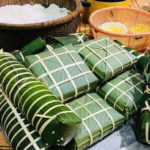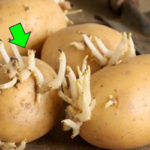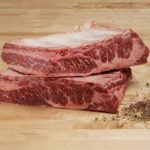Some natural foods are poisonous but loved by humans. Therefore, processing them is a concern for housewives.
Tapioca
Tapioca is a popular food that many people love to boil, cook sweet soup, make sticky rice… Tapioca is also a supportive food for diabetes group because they have a high amount of resistant starch, preventing sudden blood sugar levels.
However, in natural tapioca, there is a toxic substance called hydrocyanic acid (HCN), a substance that can cause human death with a very small and very fast amount. The amount of this toxin depends on the place of cultivation and the type of tapioca. Bitter variety and high-yield tapioca contain more HCN than sweet tapioca. The toxin is mostly in two ends of the tapioca tubers, tapioca fiber and most in the tapioca peel.
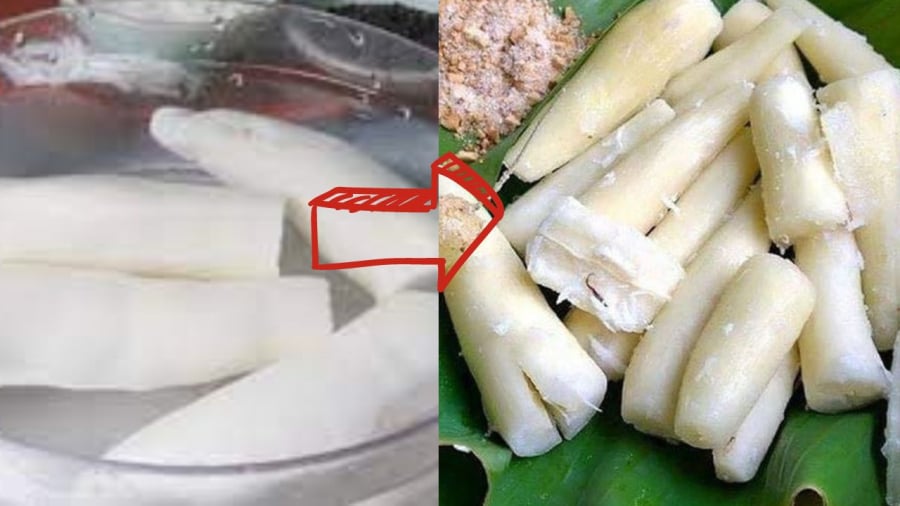
Therefore, to eliminate the toxin in tapioca:
– Before processing, peel the tapioca and soak it in water for several hours and change the water to remove the toxin through the water. Remove the tapioca fiber before making sticky rice.
– Soaking tapioca in rice water also helps remove toxins quickly
– Absolutely do not eat raw tapioca, it must be fully cooked
– When boiling tapioca, open the pot lid to let the toxin evaporate
– Sun-dried tapioca also helps reduce this toxin, so if you want to store tapioca for a long time, you have to dry it and when processed into powder, soak and filter it several times with water and sun dry it to eliminate the majority of the toxin.
– Eating tapioca with sugar or honey helps neutralize the toxin better.
Fresh bamboo shoots, dried bamboo shoots
Fresh bamboo shoots and dried bamboo shoots are also common foods in families and restaurants. Dried bamboo shoots are also a specialty dish for the Lunar New Year. Bamboo shoots are a delicious food that many people love and they can be used to make many delicious dishes such as soup, stir-fry, pickled, soaked in vinegar…
However, bamboo shoots, like tapioca, contain cyanide poison that converts to hydrocyanic acid (HCN) when it encounters stomach acid, so it can cause acute poisoning and can cause death if eaten too much and not eaten properly.
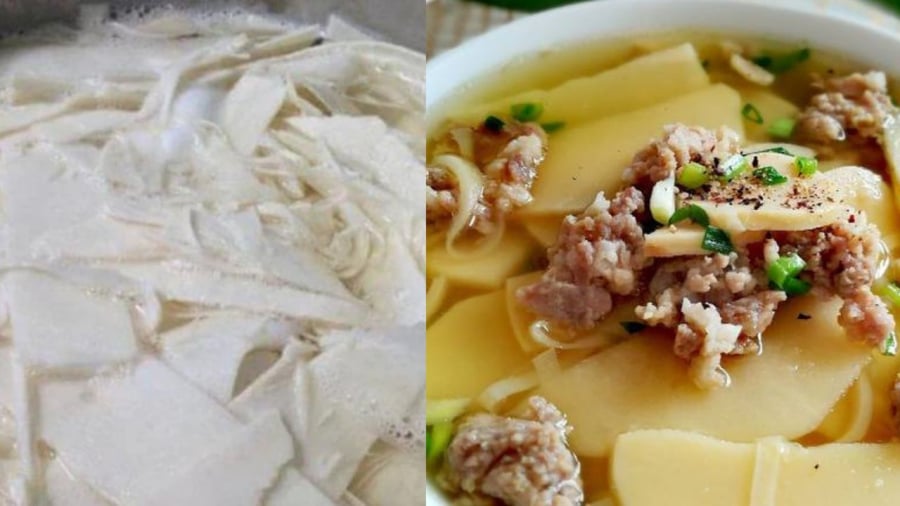
How to handle bamboo shoots to eliminate toxins
– Must soak the bamboo shoots after buying, you can soak them in rice water, soak them for a few hours is better.
– After soaking, it must be boiled. When boiling, remember to open the pot lid to let the toxin evaporate. Boil 3-4 times before using.
– Do not eat raw bamboo shoots
– Do not drink the bamboo shoots soaking water when the bamboo shoots have not been processed through boiling
– When cooking bamboo shoot soup, open the pot lid
Moreover, bamboo shoots also contain a lot of fiber that is difficult to digest, so it should not be eaten in large quantities at the same time, and should not be eaten with soaked red fruits to avoid clumping in the digestive system.
Mushrooms
Mushrooms are also popular and delicious food. Mushrooms have uses for cases of blood clotting. Mushrooms frequently appear in traditional Vietnamese dishes including fried spring rolls, soup with mung bean vermicelli and bamboo shoots…
However, fresh mushrooms contain a toxic substance called morpholine, which is sensitive to light, so eating it can cause itching, nausea, diarrhea, even severe irritation and skin necrosis.
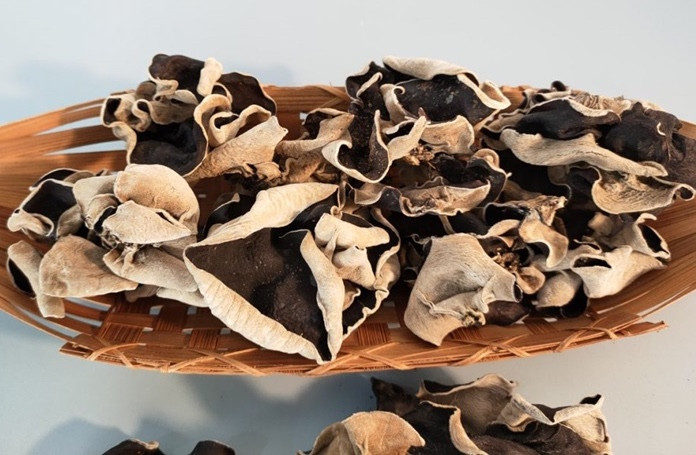
How to handle mushrooms to prevent toxicity
– Absolutely do not eat fresh mushrooms because at this time the toxin is not completely eliminated
– Must dry the mushrooms in the sun because under the sun, this toxin is decomposed
– Before processing, soak the dried mushrooms in water and change the water several times to eliminate the toxin.
These foods are all delicious and create many attractive dishes in Vietnamese cuisine. Therefore, housewives should remember how to process them to ensure safety for their families.
8 Common Mistakes People Make with Cutting Boards
Are you using your cutting board correctly? Many Vietnamese households rely on cutting boards in their kitchen, but not everyone knows how to use them properly, especially when it comes to wooden cutting boards. Check out these 8 mistakes to avoid when using a cutting board to ensure both hygiene and safety for everyone in your family.
Is Refrigerated Leftovers Linked to an Increased Risk of Cancer?
Dr. Lam Van Man, Head of Research, Development and Technology Transfer Department of the Institute of Safety Food, has warned of the risk of food poisoning when reheating leftovers from the refrigerator. But what should we be aware of when it comes to the possibility of these leftovers causing cancer? Here, we explore what the experts have to say on the matter and offer some tips for safe eating.
Preserving Leftover Food from the Tet Holiday
With the beginning of the Lunar New Year, many households are stocking up on food to celebrate the festive occasion. While keeping food in the refrigerator is convenient, it can also be harmful to users if not done correctly. We have compiled a few tips to help ensure food remains fresh and safe to consume during Tet.


























